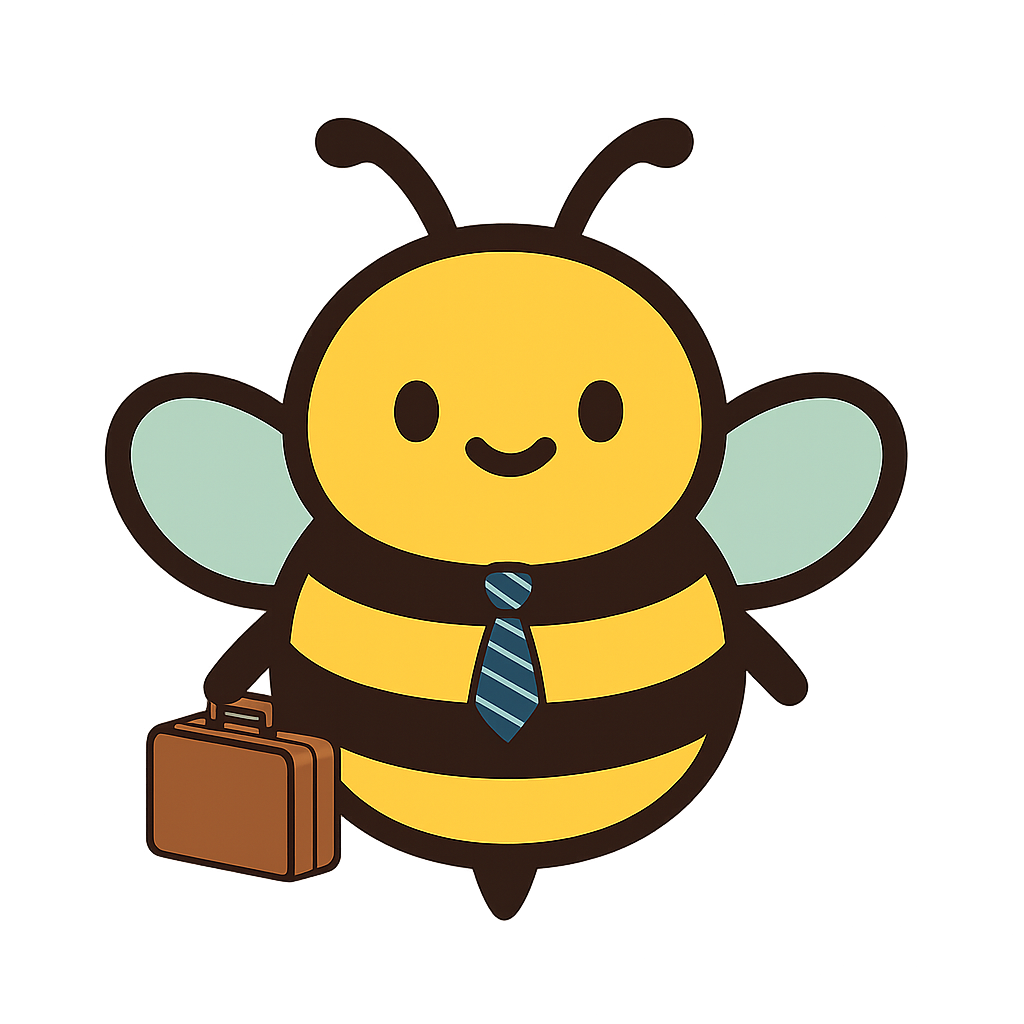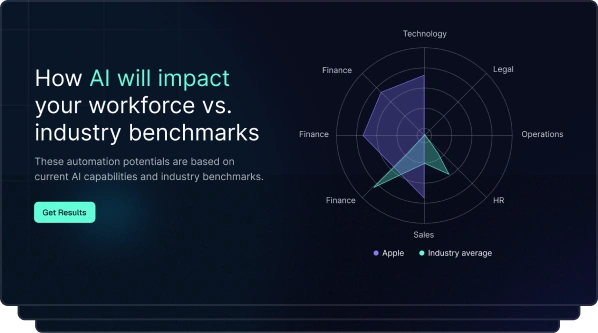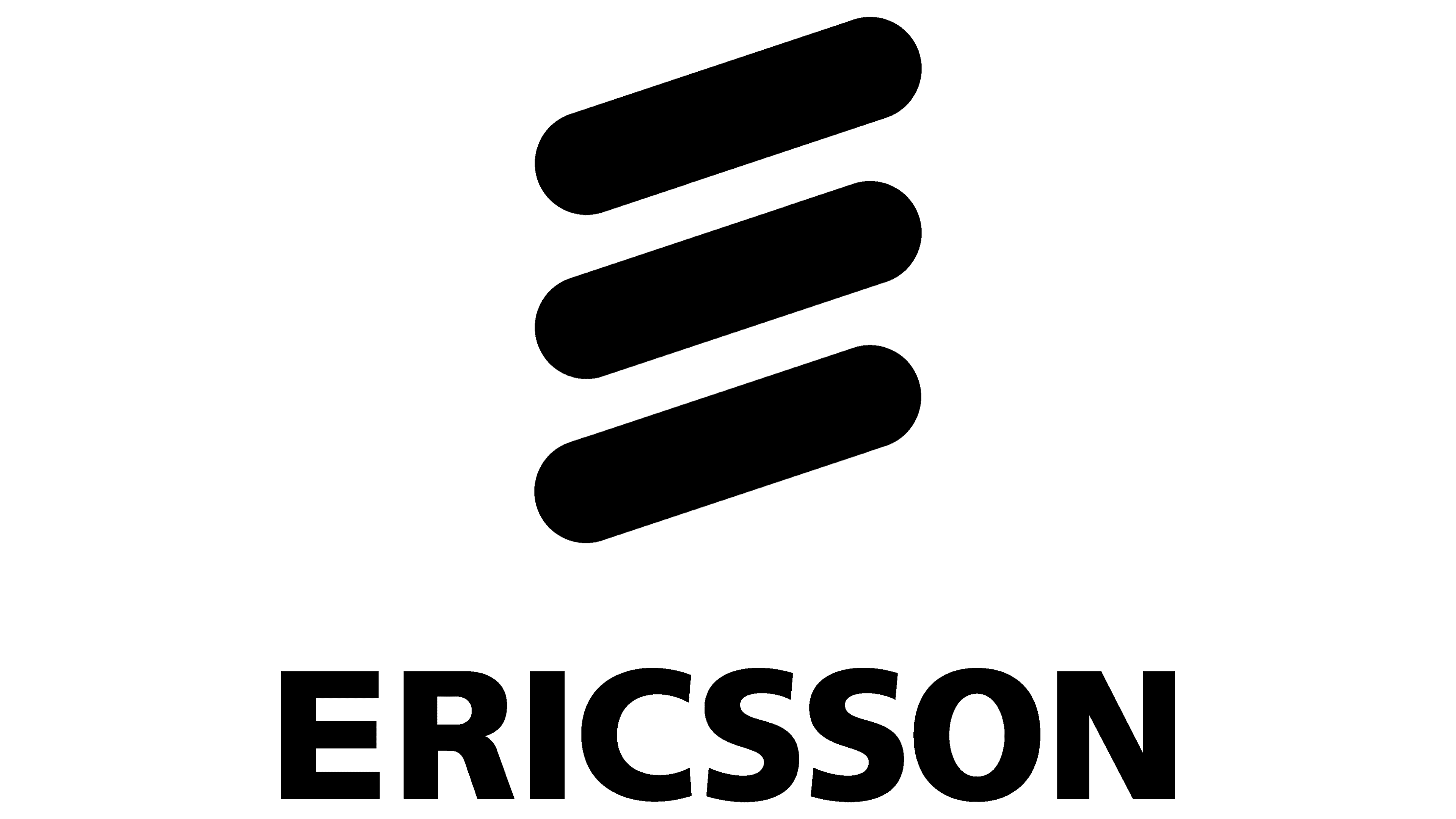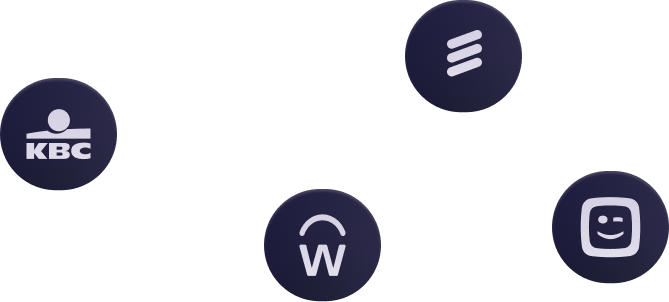How AI maps workforce skills without bias

[ TL;DR ]
What you’ll learn:
- Why traditional skill tracking fails—self-reported skills are incomplete, manager assessments are biased, and manual surveys don’t scale.
- How AI-driven skill inference builds real-time, accurate skill profiles by analyzing actual work data, not self-reported inputs.
- The four key reasons AI outperforms traditional methods—no guesswork, always up-to-date, greater accuracy, and scalability.
- How TechWolf ensures responsible AI with transparency, bias control, and continuous audits for fair skill intelligence.
- Why TechWolf is pushing the boundaries of AI skill inference with open-source research and industry collaboration.
🚀 Ready to move beyond manual skill tracking? Let’s talk.
Introduction
Most companies struggle to get accurate skill data. Self-reported skills are incomplete, manager assessments are biased, and manual surveys miss the full picture. TechWolf changes the game with AI-driven skill inference. Our AI models analyze real work data to build precise, up-to-date skill profiles—without relying on employees to list their own skills. In this blog, we break down how TechWolf’s AI works, why it outperforms traditional methods, and how it ensures fairness, accuracy, and transparency.
The case for AI Skill Inference
Take a piece of paper and list all your skills. How many can you name? Two? Maybe three? That’s the challenge most companies face with self-reported skill data. Employees struggle to document their own abilities, and even when they do, the information quickly becomes outdated.
Most enterprises have tried different methods: competency frameworks, manager assessments, skill databases—but they all fall short. The problem? They rely on people remembering, updating, or evaluating skills manually. This leads to data that is incomplete, outdated, and often biased.
Jeroen, TechWolf’s CTO, puts it simply:
“Companies have spent years trying to crack the skill data problem manually, but it's like trying to map the ocean with a bucket. AI finally lets us see the full picture.”
Enter AI-driven skill inference. Instead of asking employees to list their skills, TechWolf’s AI analyzes their actual work. From projects to training records, our models extract skill data automatically. The result? A complete, objective, and constantly updated view of skills—one that’s grounded in real evidence, not opinions.
How TechWolf’s AI Skill Inference works
TechWolf’s AI doesn’t just look at job titles or CVs. It leverages more than 15 specialized AI models to infer skills from real work data. Here’s how it works:
1. Skill inference & timelines
Our AI extracts skills from different data sources—job descriptions, projects, training records, performance feedback, and more. For employees, we build a skill timeline that tracks skill development over time. This ensures an accurate and evolving skill profile rather than a static snapshot.
Jeroen explains:
“Think of it as a skill passport that updates itself. Instead of relying on outdated self-reported skills, we create a living timeline of someone’s evolving expertise.”
2. Skill harmonization
Different HR systems speak different languages. One system might call it “Software Engineering,” another “Software Development.” TechWolf’s AI translates and harmonizes these terms, ensuring consistency across all platforms.
3. Market intelligence
TechWolf taps into a massive labor market dataset, analyzing over 1.5 billion job vacancies to understand skill demand globally. This helps organizations align their skill strategies with industry trends.
4. Skill ontology
Skills don’t exist in isolation—they’re interconnected. TechWolf’s AI maps relationships between skills, creating a knowledge graph that powers smart matching, skill taxonomies, and adjacency-based recommendations.
5. Skill data agents
Managing skill data shouldn’t be a manual job. TechWolf’s AI agents handle data quality assurance, help HR teams structure skill databases, and proactively suggest updates—combining AI speed with human oversight for the best results.
Four reasons why our AI outperforms traditional skill assessments
1. No more guesswork
Self-reported skills? People forget things. Manager assessments? Bias plays a big role. AI removes human error by analyzing actual work data.
2. Always up to date
Employee skills evolve. Traditional methods capture a single point in time, while TechWolf’s AI continuously updates skill profiles based on real activities.
3. Greater accuracy
Instead of relying on vague job titles, our AI extracts precise skills from work-related data, ensuring profiles reflect what employees actually do—not just what’s on paper.
4. Scalable for large workforces
Manually tracking skills across thousands of employees is impossible. AI makes it effortless, handling vast amounts of data with precision.
Jeroen notes:
“HR leaders need skill data they can trust. AI makes sure it’s always fresh, always relevant, and always grounded in reality.”
Responsible AI: transparency & fairness
AI models aren’t perfect, and they need safeguards. TechWolf has designed its AI system to be:
- Transparent – Each AI decision is explainable, so HR teams understand how skills are inferred.
- Bias-Resistant – Unlike all-in-one AI models that can inherit systemic bias, TechWolf’s modular approach allows for bias control at multiple levels.
- Continuously Audited – We conduct regular internal and external bias audits to ensure fairness in skill data outcomes.
Jeroen emphasizes:
“AI should never be a black box. We build for transparency so our users can see exactly how skill decisions are made.”
Pushing the boundaries: AI research & open source
TechWolf isn’t just building AI—we’re shaping the future of skill inference. Unlike companies that lock innovations behind patents, we publish research instead of patenting. We believe progress in AI should be shared, not restricted. That’s why we have open-sourced several AI models and datasets, helping the industry move forward together.
By making our research available, we ensure transparency, collaboration, and continuous improvement in skill intelligence. Want to explore our work? Check out our developer portal for access to our latest research and contributions!
Final Thoughts: The future of skills intelligence
Traditional methods of skill tracking are outdated. TechWolf’s AI skill inference provides a smarter, data-driven approach—one that delivers real-time, unbiased, and evidence-based skill data. Whether you’re in HR, workforce planning, or L&D, AI-powered skills intelligence is the key to making better talent decisions.
And if you’re still relying on spreadsheets or self-reported data, it’s time for a rethink.
Are you ready to move beyond self-reported skills? Let’s talk about how TechWolf can help you transform skill management with AI.
Blog
From guides to whitepapers, we’ve got everything you need to master job-to-skill profiles.
.jpg)
.jpg)
EU AI Act: A 15-month retrospective for HR Tech leaders.


Why “skills-first” projects are failing, and what actually works




















.svg.png)




















